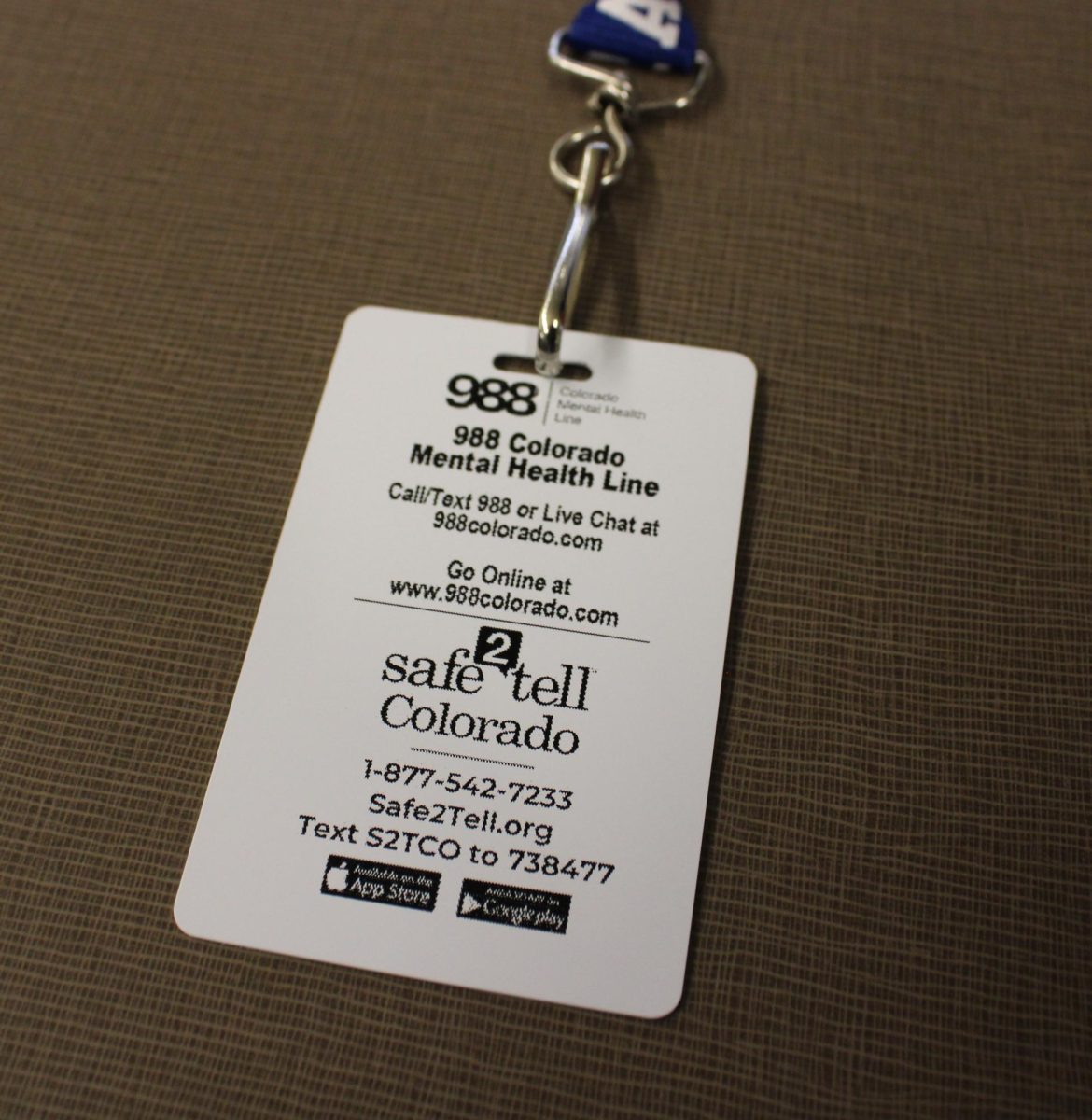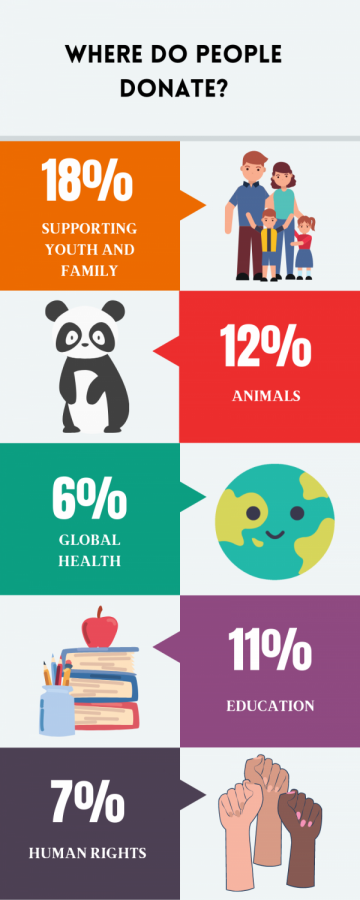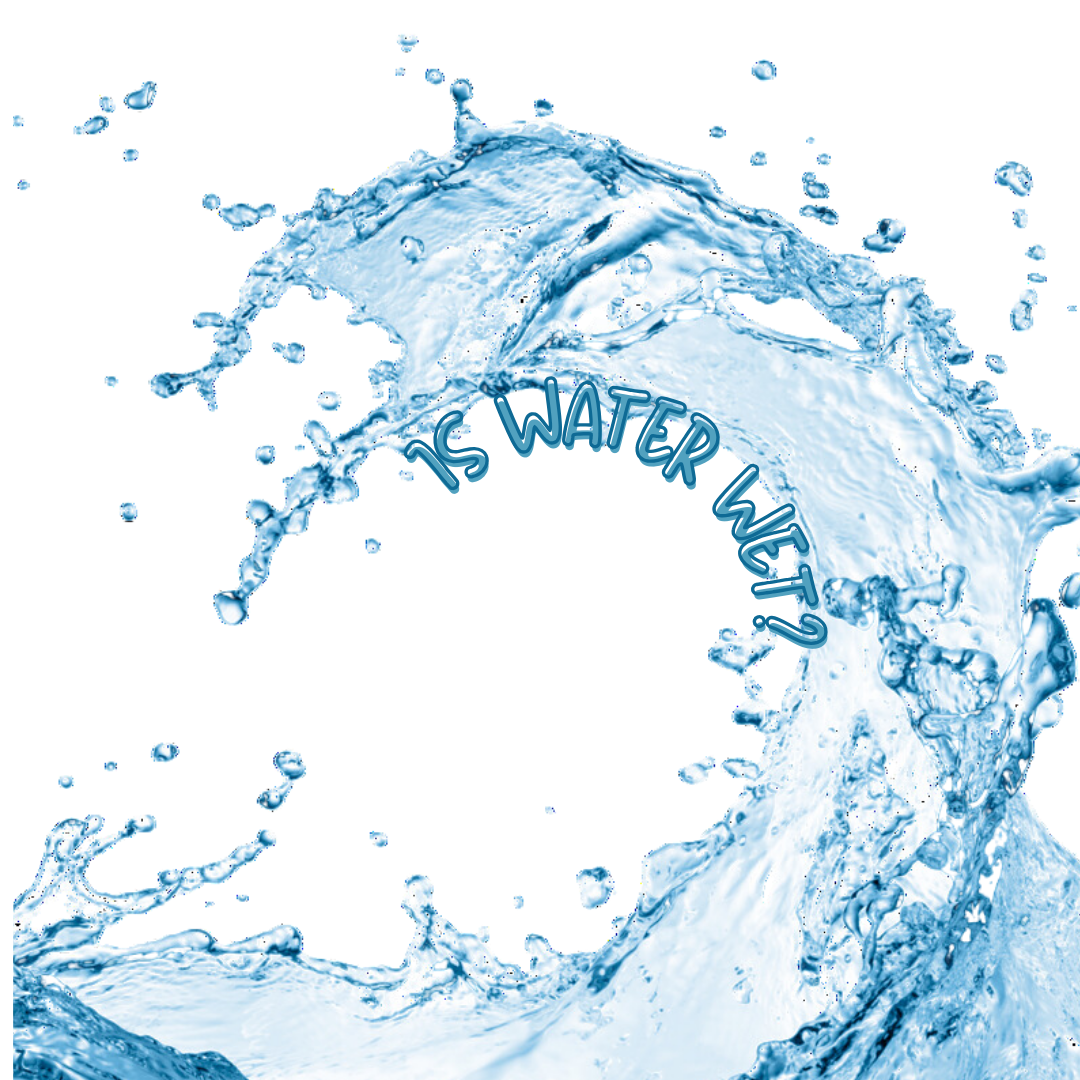For years people have asked simple questions that seem to just have an easy answer like, What came first, The chicken or the egg? Is a hotdog a sandwich? Is ice a rock? Today we ask the question: is water wet?
This is hard to answer for many, as you are immersed in the substance that gives the sensation of wetness. So to see water as wet or not, it’s all about how you look at the water and how you perceive wetness.
When 100 students were asked, the results were that 62 students believed that water is wet and 38 believed the opposite.
For the students who responded ‘yes’ water is wet, we got a variety of responses. Most of which were comments like, “Because it is” or “Everything can be wet.”
Sophomore Rafael Lopez Fernandez starts answering the question with a definition, “Some of the definitions of wet from the Oxford English Dictionary include ‘covered or saturated with water or another liquid’ and ‘liquid that makes something damp.’ Water itself makes things wet, which makes it fall under the second definition. As for the first one, water is just dihydrogen monoxide (H2O). Under chemistry definition, one molecule of H2O is considered water. Thus, water is just water molecules covered with other water molecules, or in other words, water covered with water. This makes it fall under the first definition… therefore water is wet.”
Agreeing with Lopez Fernandez, sophomore Olivia Alvarenga says, “If water can make things wet as it touches other objects, the molecules themselves therefore have to be considered wet, and if they touch each other you can consider water wet.”
Considering the opposite point, 38 people believed water is not wet. While in the minority, the majority of answers were very in depth backed up by evidence.
Junior Elliot McConnell says technically it’s not, “because being wet is the quality of being affected by a liquid and water makes other stuff wet but isn’t wet itself.”
Lots of answers we received had similar elements to this and we found a common pattern. “Wet is the definition of water getting on something like a surface, water can’t be physically wet, when something gets wet it’s hit by water so water itself can’t be considered where water is the cause of something being wet,” senior Bryce Peters said.
We looked online and found some answers for both sides of the argument backed up with data and reason. According to ZME Science the question is not that straightforward and could have multiple answers.
The article has reason to believe that water is not wet “because water is a liquid, it cannot be wet itself. Wetness requires a substance to be in contact with a surface, and water is the substance in this case. Water has hydrogen bonds, which give it pretty high cohesive forces. These cohesive forces work in opposition to the adhesion forces.” But this isn’t necessarily what they believe the answer is to the question.
Overall the article tells us, it actually depends on the interpretation of the question. It depends if you ask an english teacher or scientist. The textbook definition an english teacher would use, says water is not wet. However when you consider things like ‘wet water’ and scientific definitions that say wet is ‘made of liquid,’ a scientist could say water is wet.
What do you think? Take our poll.





















































Bill Lee • Oct 24, 2023 at 2:45 pm
Dylan, what a great thought provoking article! You made what I thought a simple question, very interesting!!
Uncle Bill